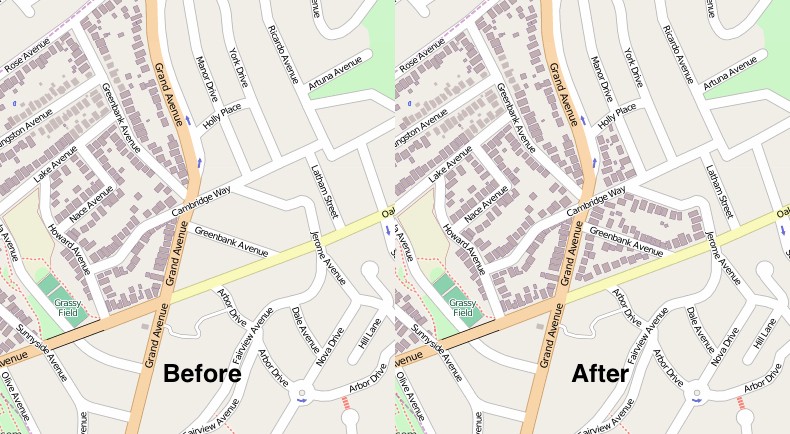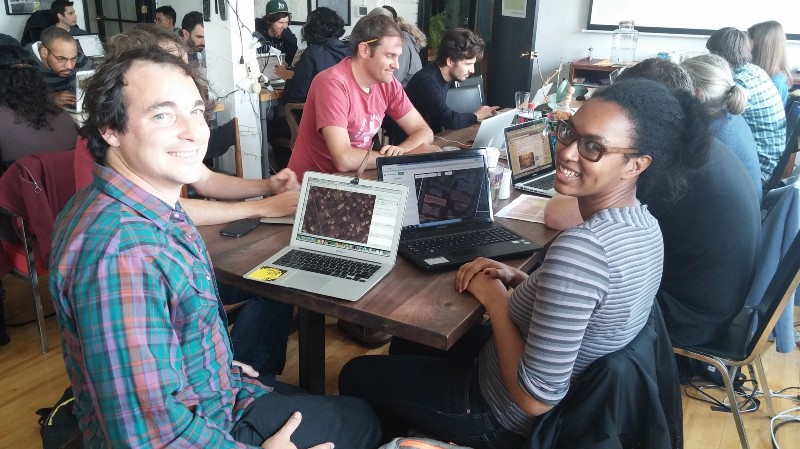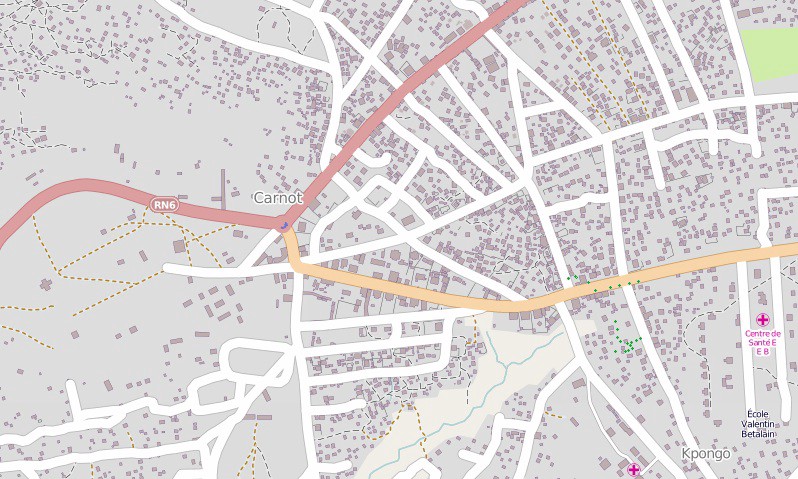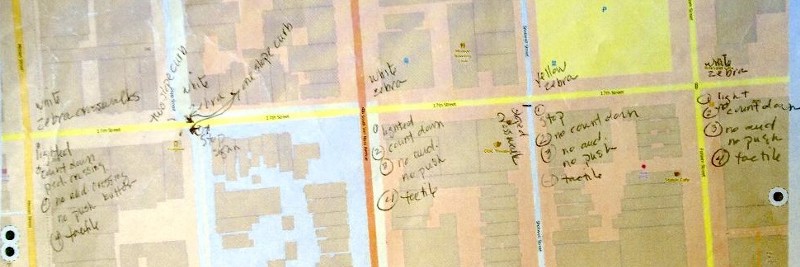Last Saturday Stamen hosted the Bay Area edition of the OpenStreetMap Spring Editathon, one of 10 locations across the country.
We had nearly 40 people show up over the course of the day, all of them eager to help contribute to the development of OpenStreetMap, “the Wikipedia of Maps”. At Stamen we use OpenStreetMap data in almost all of the maps we make, and we are grateful to the hundreds of thousands of volunteers around the world who have grown the OpenStreetMap database over the years. Hosting editathons is one of the ways we try to give back to the OSM community, and to help grow its membership by introducing new people to the joy of mapping!
Saturday’s attendees worked on a variety of projects. One mapped some buildings near his home in Piedmont:

Others worked on tasks for the Humanitarian OpenStreetMap Team, mapping conflict zones in the Central African Republic.


Still others went out into the neighborhood to do some on-the-ground surveying. One contributor used Field Papers to collect data with pen and paper, micromapping the details of street intersections to make OpenStreetMap a more effective navigation tool for the blind.

As always, there was a good mix of experienced OpenStreetMap editors on hand to help the new contributors make their first edits. We’d like to thank everybody who came out to map with us, and we look forward to seeing more of you at the next editathon this summer!
